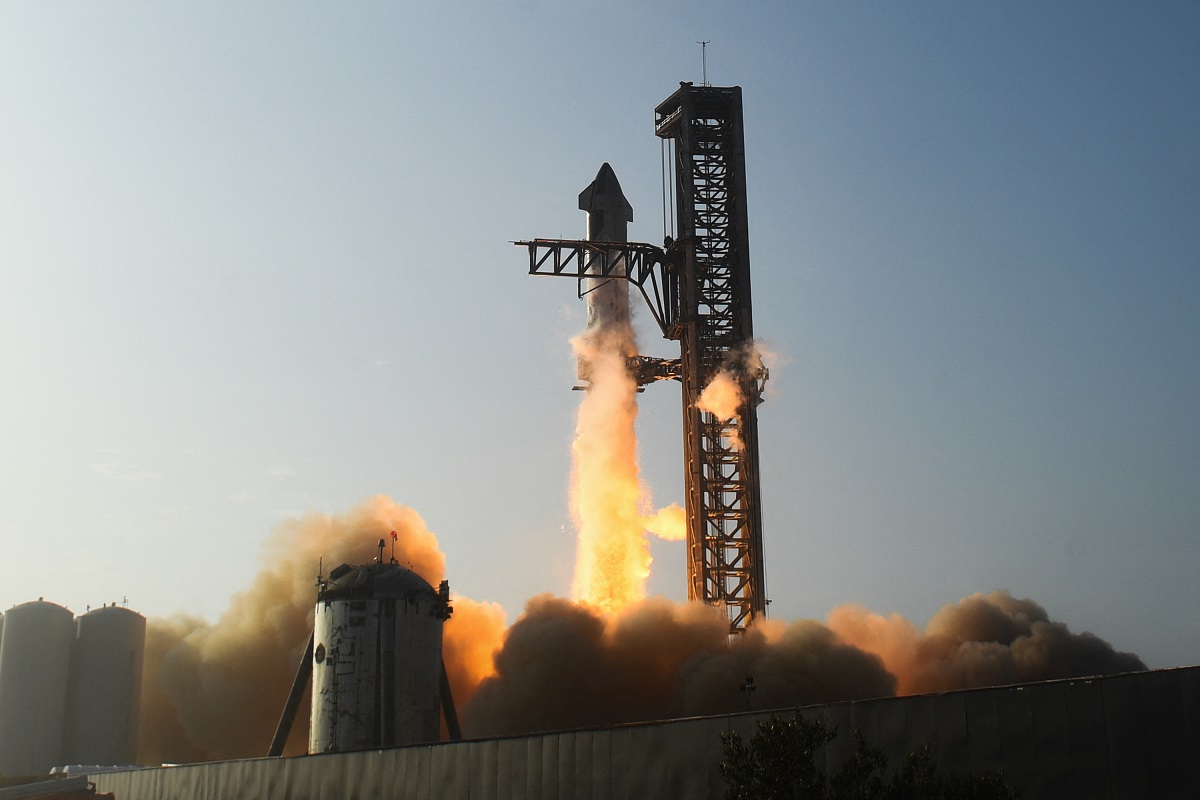FAA Urged to Enhance Investigation Process Following Rocket Launch Mishaps
The U.S. Federal Aviation Administration (FAA) has come under scrutiny after a report published by the U.S. Government Accountability Office (GAO) highlighted concerns regarding the agency’s handling of rocket launch mishap investigations. The report suggests that the FAA’s practice of allowing launch providers to conduct their own investigations requires a closer examination to ensure effective oversight and safety in the industry.
The GAO report, released last Thursday, focuses on the investigations into launch mishaps, which refer to incidents where a rocket launch ends in an explosion or other failure. In the period spanning from 2000 to 2023, out of the 49 mishaps where the FAA assumed the lead investigative role, all were led by the launch operator. The only exception was a fatal accident involving SpaceShipTwo in 2014, which was investigated by the National Transportation Safety Board.
Key Takeaway
The U.S. Government Accountability Office (GAO) has called for the U.S. Federal Aviation Administration (FAA) to enhance its oversight of rocket launch mishap investigations. The GAO report raises concerns about the FAA’s practice of allowing launch operators to conduct their own investigations and emphasizes the need for clearer criteria and evaluation of the effectiveness of these investigations. The report underlines the importance of maintaining impartiality and ensuring robust safety oversight in the industry.
According to FAA officials, the agency allows launch companies to lead their own investigations due to their in-depth knowledge of vehicle design and underlying technology. They argue that launch operators are best positioned to conduct root cause investigations into failures. Additionally, FAA officials estimated that in-house investigations would take significantly longer than those led by the operators, with a timeframe ranging between 10 to 20 times longer.
However, the GAO report emphasizes the need for the FAA to establish clear criteria for determining when a mishap investigation should be led by the agency or the launch provider. It further points out that the FAA has not assessed the effectiveness of its current “operator-reliant” mishap investigation process.
The FAA’s decision to authorize operator-led investigations is typically based on the severity of the mishap and its consequences, while also considering public interest. Nevertheless, the report reveals that the FAA has authorized the launch operator to lead investigations for all 49 mishaps where it had the lead investigative authority. This approach has raised concerns among stakeholders who question whether launch companies can conduct impartial investigations into their own mishaps.
Despite the involvement of the FAA in overseeing operator-led investigations, the GAO report highlights the absence of formal channels for launch operators to share their findings with the wider industry. Furthermore, the report underscores the FAA’s lack of criteria for evaluating the effectiveness of operator-led investigations.
The GAO report acknowledges that launch providers take measures to maintain independence in their internal investigations and that market incentives and insurance requirements can foster a credible investigation process. However, without a comprehensive evaluation of its operator-led mishap investigation process, the FAA cannot be certain that its safety oversight aligns with its objectives in such a critical area.
Given these findings, the report concludes by urging the FAA to strengthen its oversight by developing criteria for determining the appropriate authority to lead mishap investigations and evaluating the effectiveness of operator-led investigations. Enhancing transparency and establishing formal channels for sharing findings with the industry would further improve the agency’s safety oversight and ensure public trust in the rocket launch sector.

























